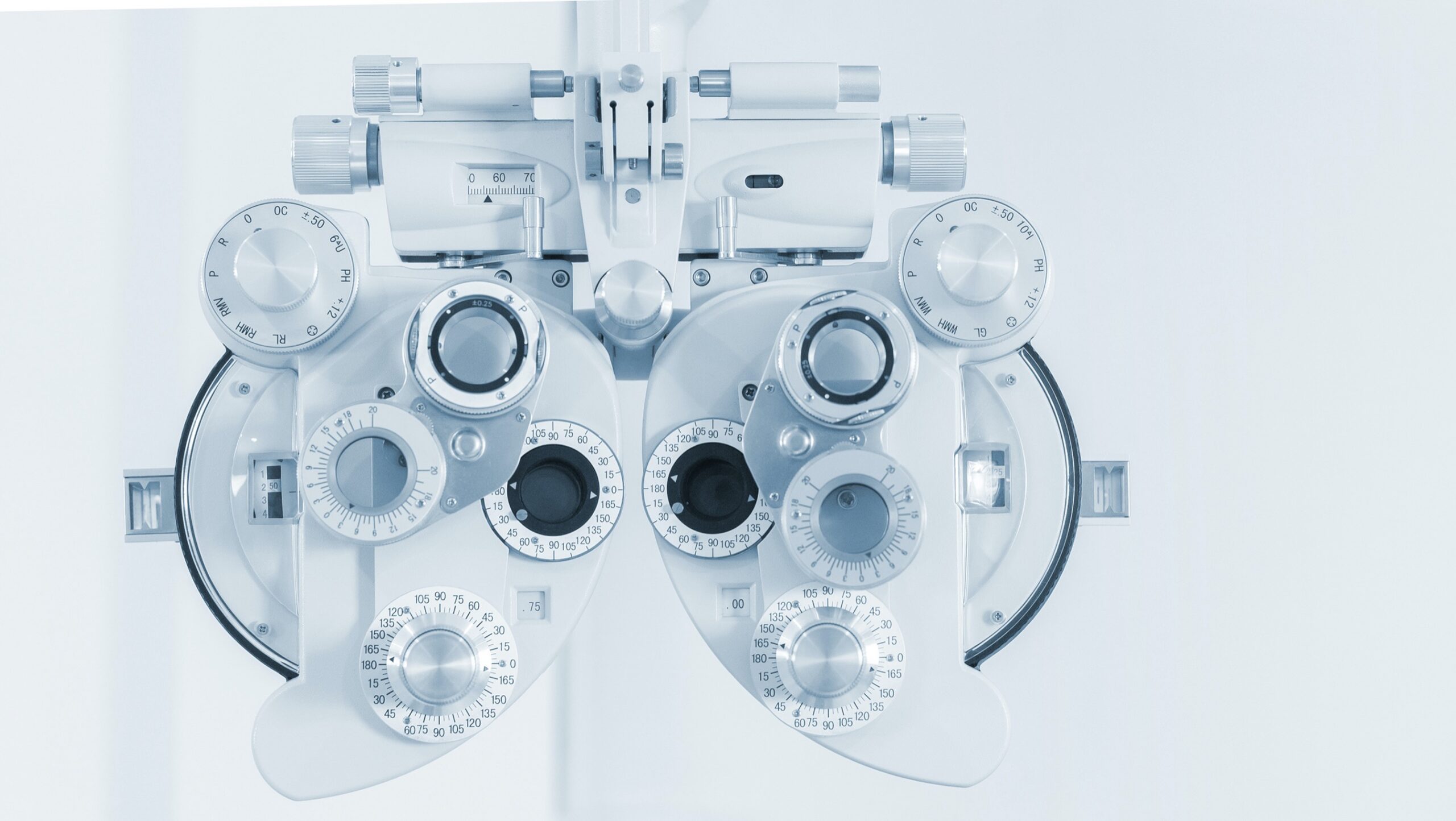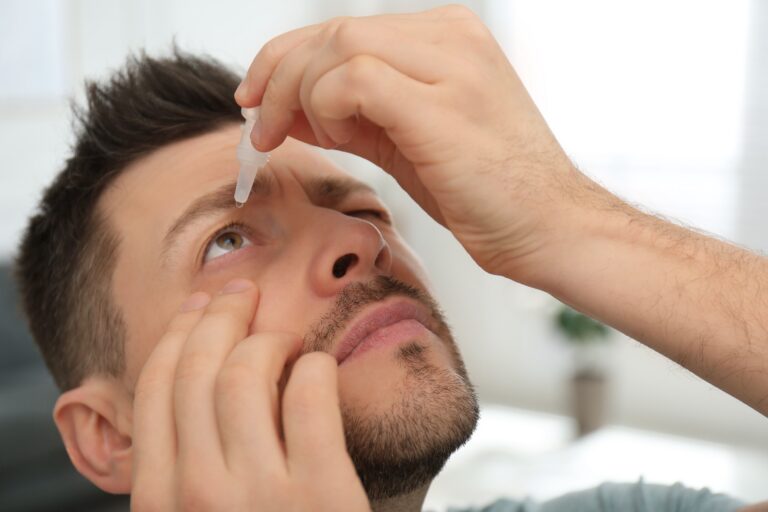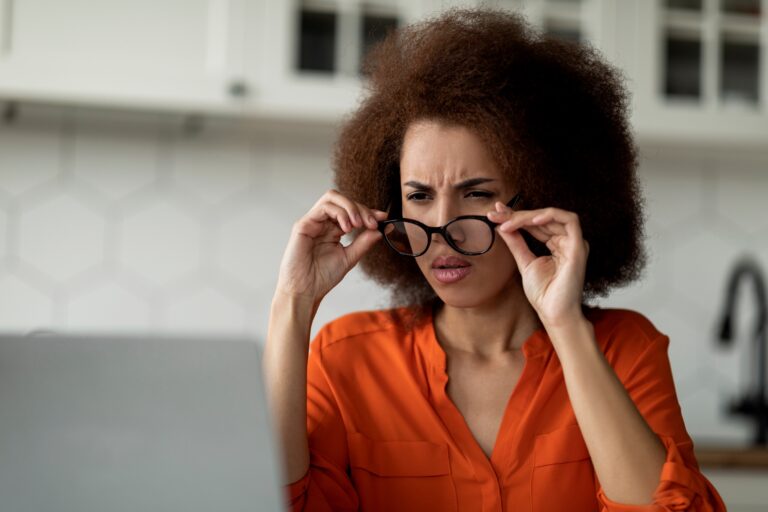
About Eye Exams
Ordinary vision tests are very well-known to most people. Children often receive them at school, and employers may require their employees to take them for work. You also need a vision test when applying for a driver’s license. However, doing well on a vision exam is not the same as receiving a comprehensive exam that assesses your overall eye health. A vision test simply does not provide a complete view of your ocular health. Because of this, receiving a comprehensive eye exam on a regular basis is especially important.
At Ophthalmology Associates of the Valley, comprehensive eye assessments include many important diagnostic tests that enable our ophthalmologists to review the health of your eyes. This is very important since some dangerous, vision-threatening problems, such as macular degeneration, have no warning signs.
Schedule your yearly eye exam appointments with one of our expert doctors at either of our locations in the San Fernando Valley of Los Angeles, CA area. To make it easier for you, we have a location in Encino and one in West Hills. If you have not received an eye exam in over two years or you notice any changes in your eyesight, we recommend scheduling an appointment.
What Are the Benefits Of An Eye Exam?
Whether you have 20/20 vision or have worn glasses most of your life, annual eye exams are an important aspect of your ocular health. There are many benefits to having an eye exam at our Los Angeles, CA eye center. Some of these benefits include:
Early detection and diagnosis of changes in eyesight, eye conditions, and eye diseases
Maintain proper vision and eye health
Achieve clearer vision
Verify your vision is not impacted by conditions that complicate eyesight, like diabetes
Quick and easy
Am I A Good Candidate for an Eye Exam?
Receiving comprehensive eye exams on a regular basis is crucial for everyone. Even if you haven’t experienced any symptoms, we still recommend scheduling an eye exam appointment. Men and women who are over 18 and under 40 years of age should have their eyes assessed every couple of years. For people in their 40s and older, they may only need eye assessments every 2 – 4 years. Thorough eye exams can also identify other major yet manageable medical conditions, such as diabetes mellitus, hypertension, and retinal holes or tears.
Also, families need to keep in mind that it’s especially important to schedule eye exams for their school-age children. Data reveals that one in four children has a vision concern. According to the American Optometric Association (AOA), babies need their initial eye exams at six months old. Before starting school, we recommend scheduling a children’s eye exam for your child. Additionally, children should have a pediatric eye exam every two years, regardless of whether they seem to have perfect vision. Regular children’s eye exams are especially important because of the recent rise in myopia (nearsightedness). This rise is the result of students spending more time on smartphones and tablets.

What To Expect During an Eye Exam
When you come in for your appointment, we ask for you to please bring your prescription lenses and any over-the-counter or prescribed medications you use.
Typically, eye exams at Ophthalmology Associates of the Valley last about an hour. Your eye appointment begins with a routine vision test to determine if your eyesight has changed. If we identify that you might benefit from corrective lenses, we will generally perform refraction testing to decide the level of your refractive prescription. To do this, we use a phoropter instrument to tell us what images you see as sharp or hazy.
Then, we perform a visual field test, also called a perimetry test, which determines the extent of your peripheral vision and aids in uncovering other eye conditions.
After the visual field test, we may test your eyes for strabismus (crossed eyes) and amblyopia (lazy eye) by using a cover test. Just like the name implies, we cover your eyes separately and have you look at an object so we can see the way your eyes fix on a point. We might also have you be very still and track a laser light with only your eyes.
Following the alignment test, we will often perform an exam that detects color vision limitations and aids in catching other eye issues. Finally, we will conduct a slit-lamp exam to get an enlarged, three-dimensional view of the observable parts of your eyes, including the upper and lower lids, cornea, conjunctiva, iris, and lenses.
It is quite helpful to widen the pupils to completely examine the health of the retina, retinal blood vessels, optic nerve, and the macula, and to test for glaucoma. Based on how old you are and the initial reason for your exam, we might need to dilate your pupils to conduct more tests.
Special Diagnostic Exams
At Ophthalmology Associates of the Valley, our team offers specialized diagnostic tests for individuals who suffer from or have an elevated risk for certain serious eye issues, including diabetic retinopathy and glaucoma. With nearly all eye conditions, early detection and identification are essential to effective treatment. Therefore, scheduling regular comprehensive eye exams is especially important.
Glaucoma
To identify glaucoma, our ophthalmologists perform additional tests besides the ones previously conducted in your routine comprehensive exam.
Glaucoma tests most often include the tonometry (air-puff) test to gauge your internal eye pressure, as well as the pachymetry test, which determines the thickness of the cornea.
Macular Edema and Diabetic Retinopathy
If our ophthalmologists think you have a predisposition for diabetic retinopathy or its associated macular edema, we need to dilate your pupils using eye drops, which allow an unobstructed look at your retina. This enables us to examine your eyes for any deterioration of the retina and/or weakening of the retinal blood vessels. We may also perform a fluorescein angiography. As a common and routine test, we administer a special dye into your bloodstream that will then be taken briefly into the blood vessels of the retina. This allows us to achieve an extremely precise visual of how well the retinal blood vessels are operating.
In many cases, the detection of retinal damage is a person’s earliest sign that they are diabetic. In other cases, it can be a sign that they aren’t controlling their insulin as carefully as needed. Because of this, it’s crucial to always receive an evaluation for diabetic retinopathy, even if a doctor hasn’t diagnosed you with diabetes.
What Happens After an Eye Exam?
After your comprehensive eye exam is finished, we will talk to you about scheduling your next checkup. Your age, results, overall health, and more will help establish your recommended schedule for eye exams. Even people who receive healthy results need to schedule eye exams at least every 2 – 4 years so if any concerns do form, we can find, treat, and prevent severe symptoms.
In some cases, we might ask you to set up another visit for additional testing or treatment if one of our expert ophthalmologists detect any indications of potential concern. Keep in mind that if we dilate your pupils, you may need a friend or family member to help drive you home after the appointment.
Eye Exams FAQ
Ensure Your Eye Health
Often, people don’t think about their eyes until a vision issue becomes obvious. But eye health involves more than just vision.
We invite you to schedule comprehensive eye health exams for your whole family with one of our skilled eye doctors in San Fernando Valley of Los Angeles, CA.
At both our Encino and West Hills location, Ophthalmology Associates of the Valley uses cutting-edge equipment and tests to assess your eyes, to detect any concerns, and to treat the condition early.







